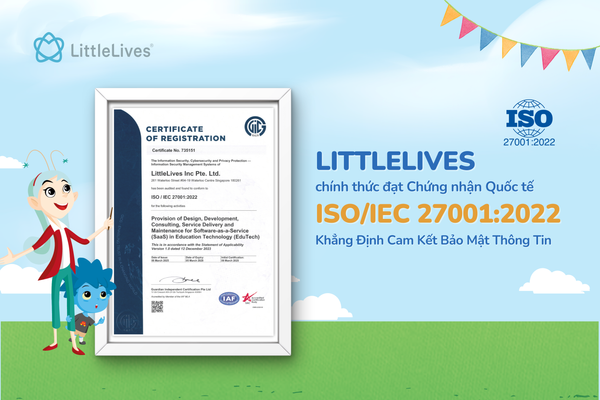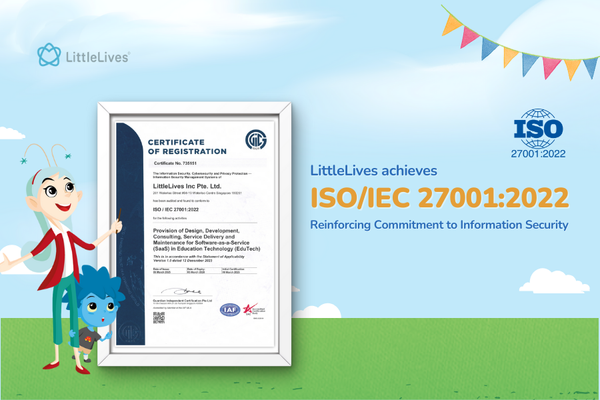Why is Project-Based Learning Beneficial for Students?

What is project-based learning? Project learning is defined as a kind of separate, specially organized activity, limited in time, aimed at solving a specific problem in a team, and, as a result, the final product of the activity.
The activities are focused on disclosing the learner's personality, developing interest in educational activities, and developing intellectual and creative abilities in solving a problem.
In the procedural dimension of studying, learners form groups to solve a specific problem. The mentor or tutor manages the process, organizes, motivates, and examines the objects and tasks declared by the project and the learners. The result of such work can be an analytical report, book, patent, innovative software or information product, company business plan, or learner startup. The final product can be successfully commercialized. In no way, project-based learning should replace traditional university learning and certification.
What are the objectives of project-based studying? The main task of the projects is to improve the quality of education, bring its content in line with the realities of the market. The projects, in particular, will help resolve the issue of employment of university graduates in their specialty. To do this, you can involve business representatives and outstanding practitioners in teams.
How is project-based learning implemented in practice?

Each work is implemented in several stages, similar to the stages of preparation of scientific research and qualification work. Here are some of the main stages of realization:
- Choice of the topic
- Plan development and organization.
- Implementation of the planned activities.
- Presentation.
- Evaluation and analysis of results.
When choosing a topic, it is necessary to determine the problem that the team will investigate. The mentor should choose an issue that is interesting to learners and corresponds to the field of study.
When the topic is defined, the participants of the training draw up a work plan including a description of the selected problem, a description of the research object, setting objectives.
During the execution phase, the team acts according to the proposed plan. The cycle of studying and execution is completed by presenting and analyzing the results of joint activities. However, the project does not end there. The resulting product can be presented in a scientific, grant, professional competition. Successful products can be commercialized after agreement with the university administration.
What does project studying give to pedagogues and learners? All participants in the educational process can show their creative abilities in projects, experiment with interdisciplinary approaches to solving certain problems.
Project-based learning is devoid of strict university requirements for participants and allows groups of young researchers to study problems using any available tools and knowledge. For example, a cultural scientist can study the effects of informatization and the impact of gadgets on public opinion by teaming up with developers, biologists, psycho-linguists, physicists, lawyers, and copyright specialists.
Regardless of the topic of the projects, learners receive competencies that cannot be taught according to the instructions or textbook. These are mainly the skills of delegation of authority and teamwork, negotiation, and decision-making skills. According to many scientists and business representatives, networking or teamwork is a defining competence in the career path of a modern specialist.
FAQ
- What is project-based learning?
Project-based learning refers to the formation of students' competencies through their participation in project activities. Project activities are carried out in schools, laboratories, centers, and other structural units.
- What are the challenges in implementing project based learning in today's classroom?
Problems include a high workload for teachers and students, lack of in-depth knowledge acquisition, lack of clear guidelines for implementation, insufficient attention to specific learning outcomes, and a lack of trained staff.
- What advantages do project-based learning have over traditional learning?
Project-based learning allows students to demonstrate self-help skills better. Also, this type of training shows the ability to apply skills, for example, conduct research. In addition, there is an opportunity to work better in a team and gain group skills.
- What skills does project learning develop in students?
The informants noted that project activity develops children’s communication and public presentation skills, the ability to work in a team, research competencies, and increases motivation for learning.





